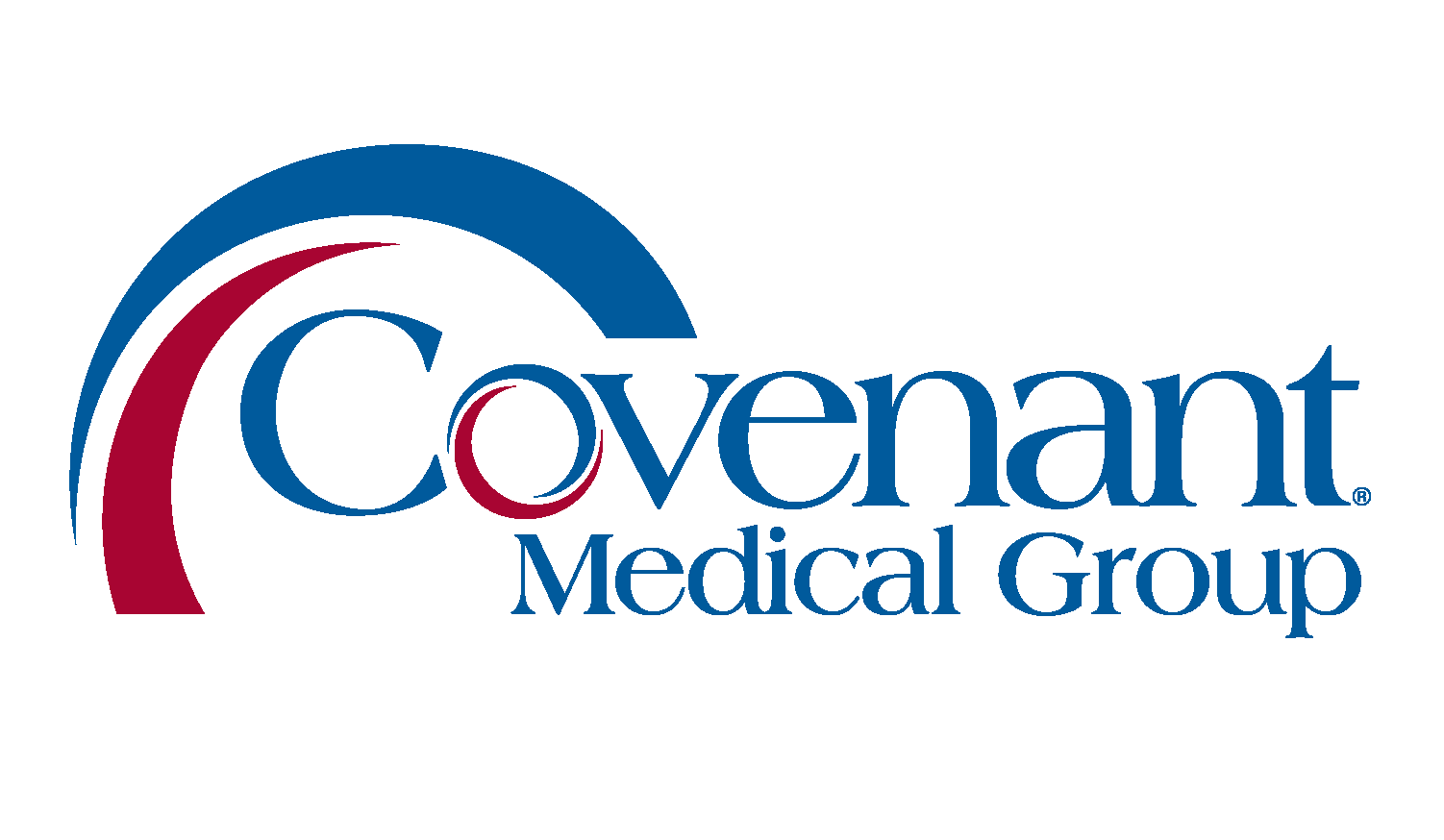 Jennifer had had some time to digest the breast cancer diagnosis she never wanted to hear but also wasn’t 100% surprised by when it was delivered. Her family had a history of breast cancer, and a favorite aunt of hers had a terrible time recovering from surgery and treatment many years ago. She told us that for months post surgery and treatment, her aunt was barely able to use her arm due to symptoms like pain, heavy swelling, or numbness.
Jennifer had had some time to digest the breast cancer diagnosis she never wanted to hear but also wasn’t 100% surprised by when it was delivered. Her family had a history of breast cancer, and a favorite aunt of hers had a terrible time recovering from surgery and treatment many years ago. She told us that for months post surgery and treatment, her aunt was barely able to use her arm due to symptoms like pain, heavy swelling, or numbness.
Jennifer told us she had two children under the age of twelve, and she was scared that she wouldn’t have full use of both arms to care for them. She was even worried about a trip to the beach the family would plan to take once she’d recovered from surgery and any further necessary treatments. “What if I can’t hold both their hands, simply walking with our arms swinging on the beach?” she asked.
What is lymphedema?
What Jennifer’s aunt experienced years ago is called lymphedema. Immediately after surgery, it is common to experience numbness, swelling, weakness or tingling in the affected arm. However, these symptoms should resolve in a matter of weeks or months. Six months or more following breast cancer surgery, some women experience numbness, swelling, weakness, or tingling in the arm and shoulder area on the same side of the body of the breast cancer surgery due to lymphedema, or swelling. These symptoms are more common after a mastectomy than a lumpectomy, but an increased risk for these symptoms depends largely on whether any lymph nodes are removed during surgery.
The extent of lymphedema can vary from not noticeable except by an expert, to minimal discomfort, to mild symptoms of swelling and heaviness requiring a sleeve, to massive swelling such that the arm is useless, as was the case with Jennifer’s aunt. In addition to the extent of lymph node surgery, obesity is a major risk factor for lymphedema, with morbidly obese women at greatest risk.
While lymphedema is not common, it is a common concern, particularly when lymph nodes are removed. When lymph nodes are removed, the lymph vessels that carry the lymph fluid away from the arm can be disrupted, and lymph fluid can collect in the arm. I describe it much like your kitchen sink sponge after you add water. The sponge is small and firm, but place it under the faucet and the sponge swells with fluid. Lymphedema can then lead to other symptoms such as tingling, numbness, stiffness or heaviness, and weakness.
Fortunately, advances in the treatment of most types of breast cancer have lowered the occurrences of lymphedema by reducing the number of lymph nodes that need to be removed. It used to be common practice to perform an “axillary lymph node dissection” during breast cancer surgery to remove the lymph nodes, but up to 40% of women develop lymphedema with this procedure.
Jennifer had read about this procedure, and that nearly half the women who had their lymph nodes removed suffered from the discomfort of lymphedema, and she was alarmed. We didn’t blame her.
What can be done to reduce the risk of lymphedema?
So, how can we reduce the risk of lymphedema while not sacrificing the odds of eradicating the cancer? The Sentinel Lymph Node Biopsy is the answer. Over the past 15 years, this has become the recommended procedure for evaluating cancer of the lymph nodes rather than the axillary lymph node dissection. The Sentinel Lymph Node Biopsy lowers the risk of lymphedema from 40% to only 8% while still providing accurate information on the degree of breast cancer in the axilla, or lymph nodes of the armpit.
If the Sentinel Lymph Node Biopsy detects cancerous lymph nodes, they are treated with radiation rather than dissection, or removal. The beauty of this is that the effectiveness to which radiation controls the cancer and the risk of recurrence is the same as with surgical removal—but with half the risk of lymphedema.
Jennifer was encouraged, and asked if there was anything that she could also do to improve her health and potentially lower her risk of developing lymphedema, such as exercise. She was spot on with that suggestion. A “toning” protocol of weight lifting can prevent lymphedema by up to 70% of women who have had a full axillary lymph node dissection, so it can certainly help reduce the risk with a Sentinel Lymph Node Biopsy as well. For five exercises to reduce the risk of lymphedema, read this.
Obesity is the greatest risk factor for lymphedema, which a woman can control by losing weight with a low-fat diet and having a healthy body-mass index between 20-25 pounds per square inch.
The other most important thing Jennifer and other women who’ve had breast cancer surgery can do is to avoid infection and inflammation. Infections can occur after scrapes and cuts on the arms or hands, so women should wear a long sleeve shirt and gloves during activities like gardening or hiking in the woods. Inflammation can also occur after a sunburn so women should either wear protective clothing or put on sunblock of UPF 30 or higher on the arm and the breast when outside in the sun.
By knowing that there were factors that were within her control to avoid lymphedema—and that the surgical procedures for breast cancer had advanced beyond defaulting to lymph node removal—Jennifer feels optimistic about the outcome of her surgery. She’s already looking forward to her family’s next trip to the beach, where she anticipates being able to have full strength in both of her arms to walk hand-in-hand with her children.
Dr. Aaron Margulies has a solo practice in Breast Surgical Oncology and General Surgery with an office at Tennova Turkey Creek Medical Center in West Knoxville, at Tennova North Knoxville Medical Center in Powell, at Jefferson Memorial Hospital and in Newport. His extensive research and expertise in the most advanced surgical treatments of breast cancer have distinguished him as a leader in the field. To learn more about Dr. Margulies’ compassionate surgical care approach visit www.aaronmd.com or call (865) 692-1610.
